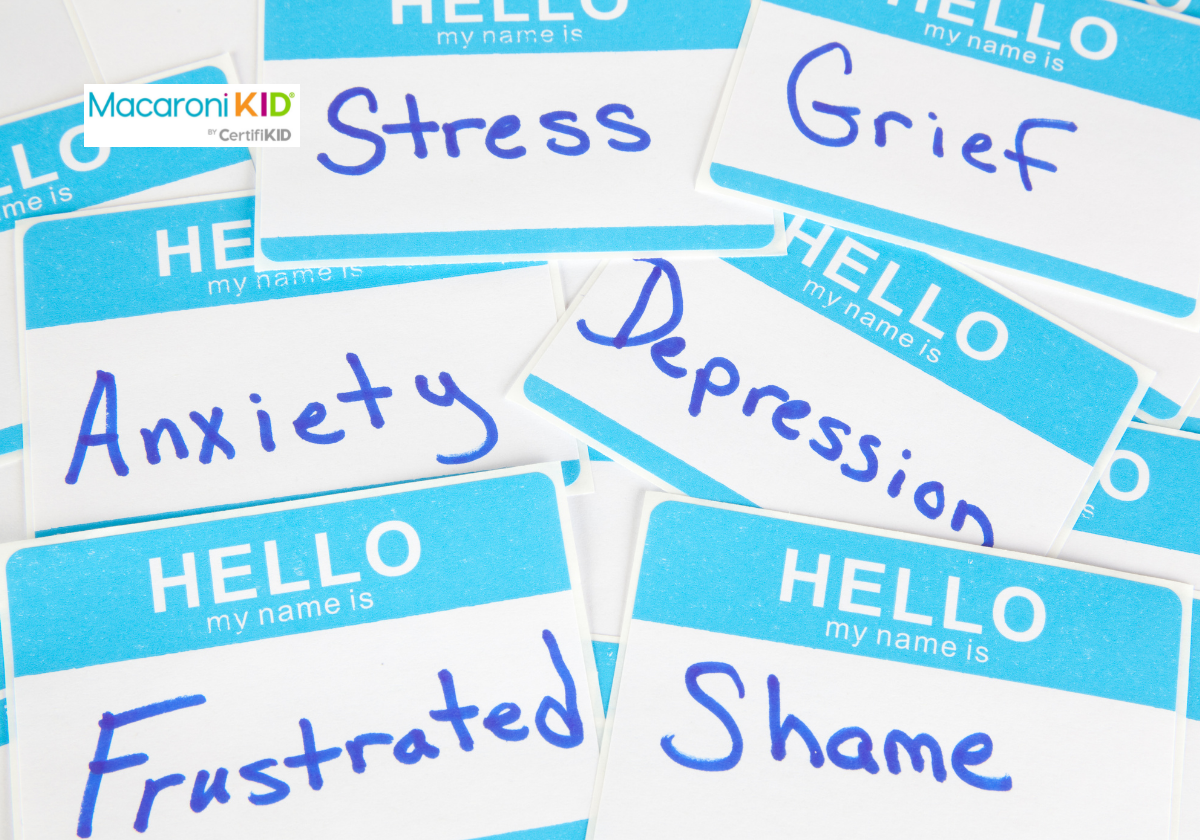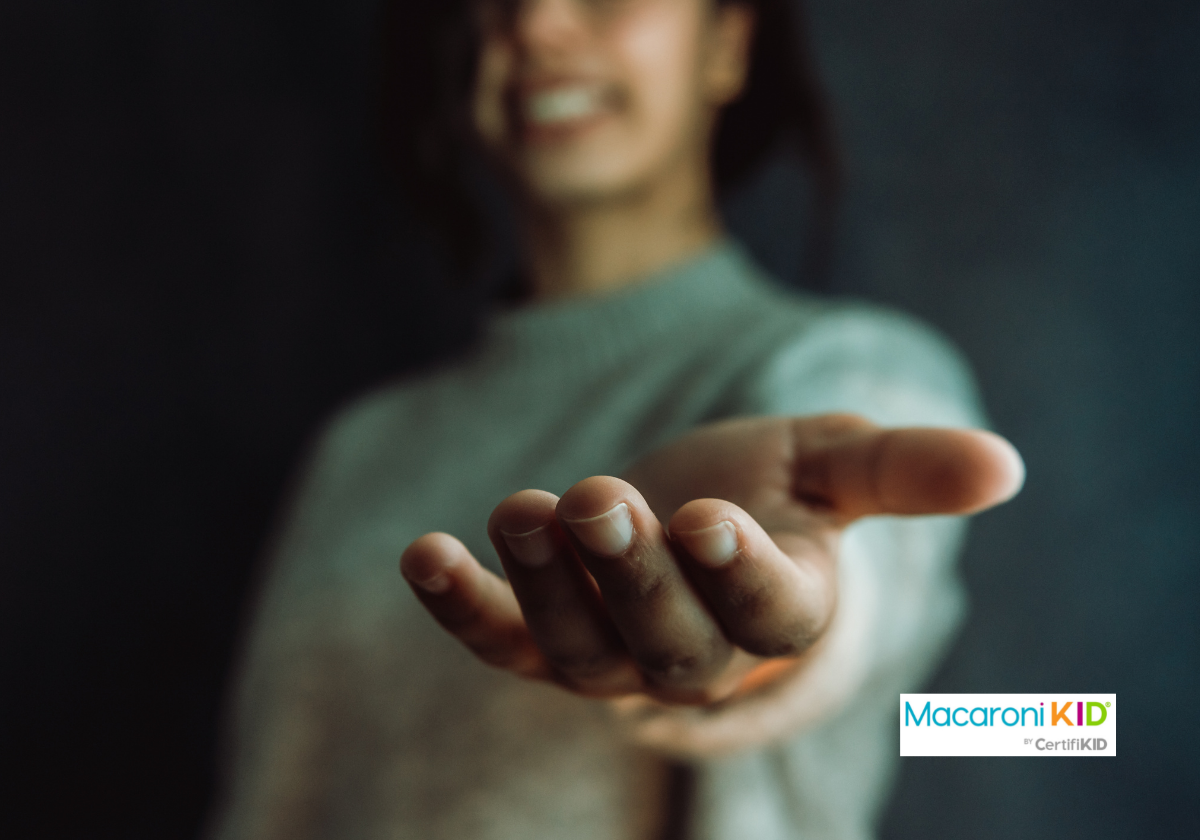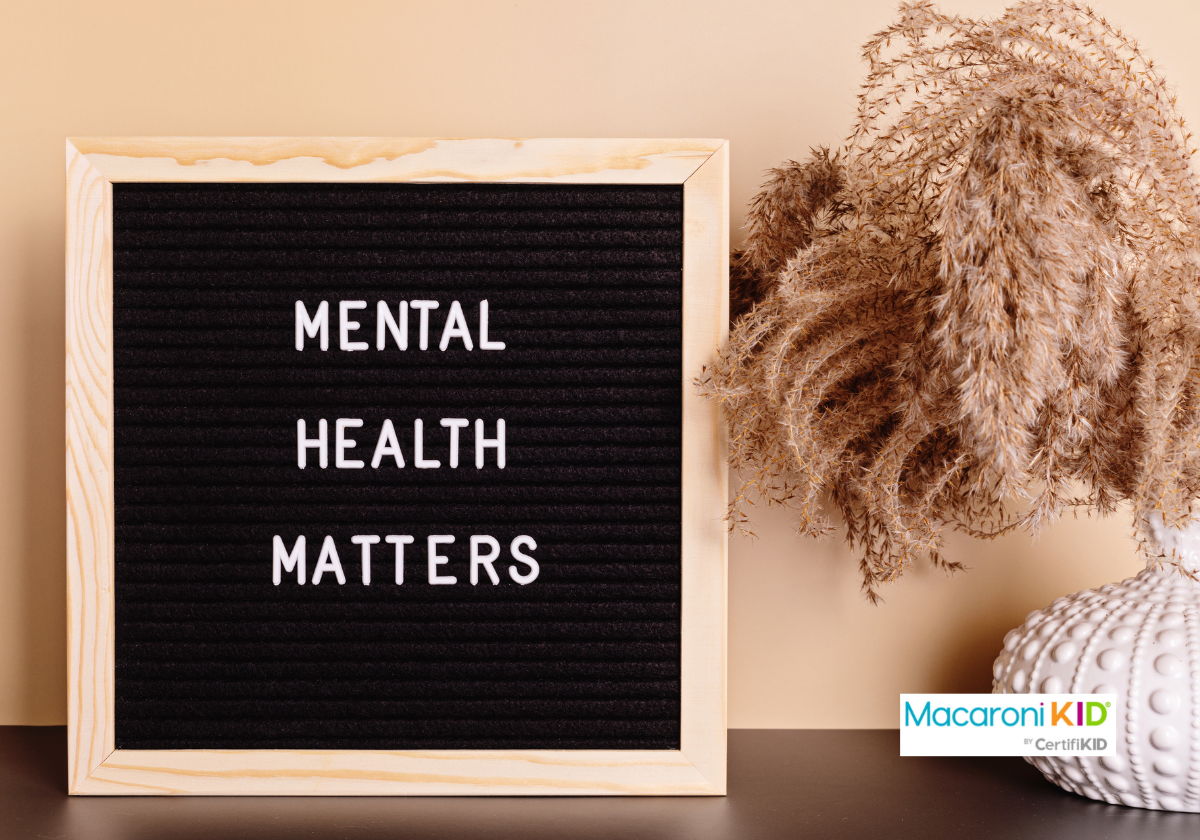How often do you look at your teen or another child and remember back to those carefree days when you were living your best life?
How often do you remember the times you felt lonely, anxious, sad, and feeling like you didn't fit in?
Adults sometimes forget that teens and children may not have to pay bills or worry about "adult" things, but often are dealing with emotions their developing brains are not ready to handle on their own. Today's teens are dealing with stress due to the pandemic, news about national and international events ... all while navigating school, social lives, family, and extracurriculars.
In fact, one in six children ages 7 to 16 experience some kind of mental health disorder, according to the National Alliance of Mental Illness, or NAMI. May is Mental Health Awareness Month.
List of mental health resources and support organizations
Having a safe space, whether that's with you or another trusted adult, is vital for children so they can talk through their emotions and what they are going through on a day-to-day basis.
 clearstockconcepts via Canva clearstockconcepts via Canva |
Have you checked in on the mental health of your child or a child who you care about?
Started a conversation with them about how they're coping with the uncertainty of the world around them?
Found out how they feel about the uncertainties of their future?
Inquired about how they feel about growing up and their bodies changing?
Have you done a check-in with them recently?
Now is your time!
Before you begin that conversation, though, make sure you're using language in a way that destigmatizes mental health issues. A child in need of help is a lot more liable to ask for that help if they don't have the fear of being pegged as "crazy." When a child has a solid support system of friends, family, and others who care about them and are open to talking about mental wellness, the outlook can be much brighter.
Our children need to know: They are not alone.
 Banana Images via Canva Banana Images via Canva |
List of mental health resources and support organizations
Here are resources you or your child can reach out to for more information. Organizations are listed alphabetically.
Black Mental Health Alliance
Annually, BMHA provides over 600 referrals to individuals seeking licensed culturally-competent clinicians for behavioral and mental health treatment.
Crisis Text Line
The Crisis Text Line serves anyone, in any type of crisis, connecting them with a crisis counselor who can provide support and information.
Text “HELLO” to 741741
Disaster Distress Helpline
The disaster distress helpline provides immediate crisis counseling for people who are experiencing emotional distress related to any natural or human-caused disaster. The helpline is free, multilingual, confidential, and available 24 hours a day, seven days a week.
Call or text 800-985-5990
DomesticShelters.org
Provides a list of domestic abuse shelters around the United States.
FORGE
FORGE is a national transgender anti-violence organization.
IMAlive
This nonprofit's focus is suicide intervention, prevention, awareness, and education.
Lifeline Chat
The Lifeline is a free, confidential online crisis service that is available to everyone 24 hours a day, seven days a week. The Lifeline connects people to the nearest crisis center in the Lifeline national network. These centers provide crisis counseling and mental health referrals.
National Center for Transgender Equality
The nation's leading social justice advocacy organization winning life-saving change for transgender people.
Call 202-642-4542
National Coalition of Anti-Violence Programs (NCAVP)
A national network of service organizations working with LGBTQ people who have been victims of domestic violence
National Suicide Prevention Lifeline
Call 800-273-TALK (8255); En Español 888-628-9454; After July 16, 2022, dial 988
The NW Network
Organization specializing in providing resources for LGBTQ victims of domestic violence, the NW Network also maintains an extensive “resource clearinghouse.”
Project Semicolon
Project Semicolon is an anti-suicide movement and a way for people to show support for those dealing with mental health and suicide. The semicolon itself is used to link two thoughts together in writing. Project Semicolon explains it as "when an author could've chosen to end their sentence, but chose not to. The author is you and the sentence is your life." This led to the slogan "Your Story Isn't Over" for the group.
SAMHSA’s National Helpline
SAMHSA offers referrals for substance abuse and mental health treatment 24/7, 365.
Call 800-662-HELP (4357)
Therapy for Black Girls
Therapy for Black Girls is an online space dedicated to encouraging the mental wellness of Black women and girls.
Trans Lifeline
Trans Lifeline provides trans peer support for our community that’s been divested from police since day one. The organization is run by and for trans people.
Call 877-565-8860
The Trevor Project
The Trevor Project offers suicide prevention services for LGBTQ+ youth.
Call 866-488-7386
In the event of a mental health emergency, please call 911 or go to your local emergency department for immediate assistance.
 Oksana Vejus via Canva Oksana Vejus via Canva |
Jestine Mayes is the publisher of Macaroni KID Johnstown - Laurel Highlands - Altoona, Pa.


